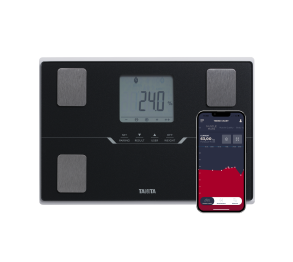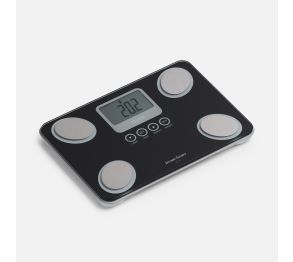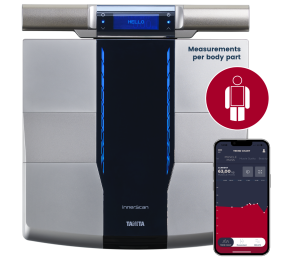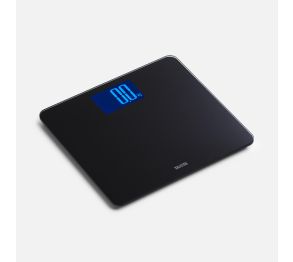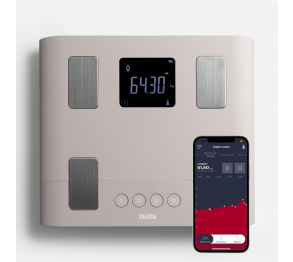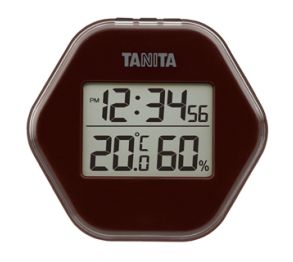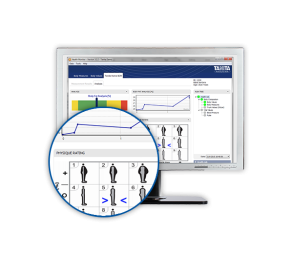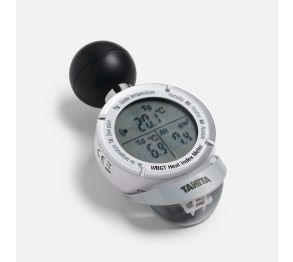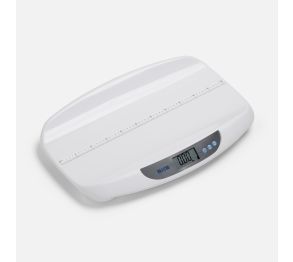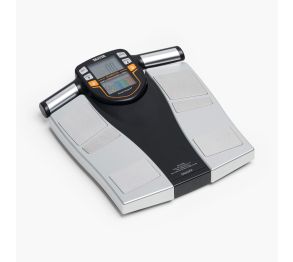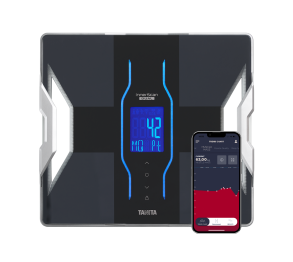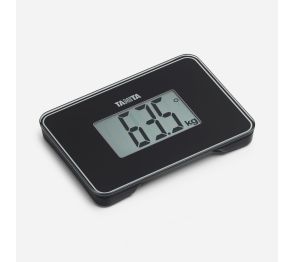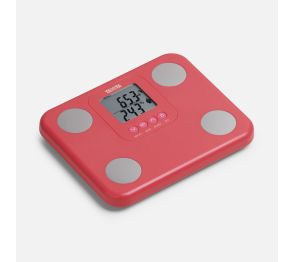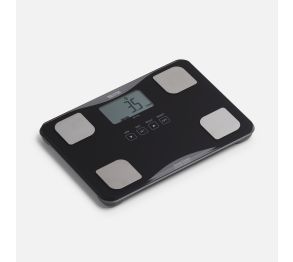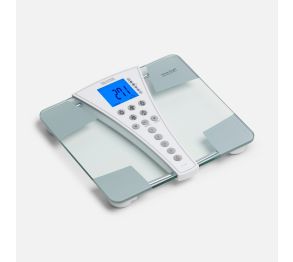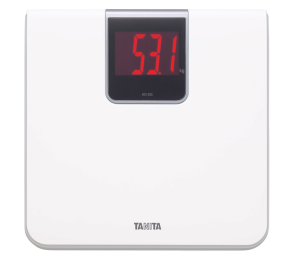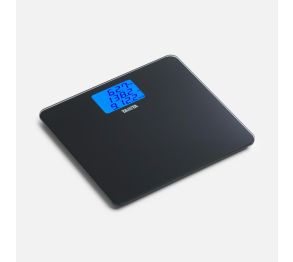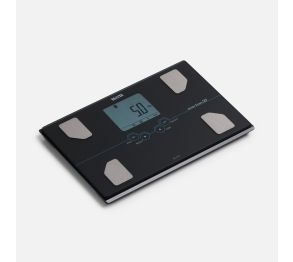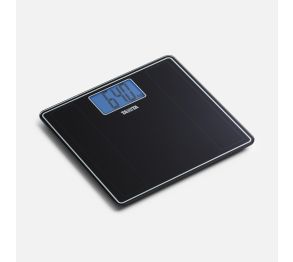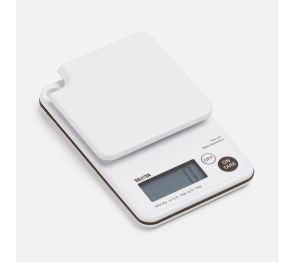What to eat before running
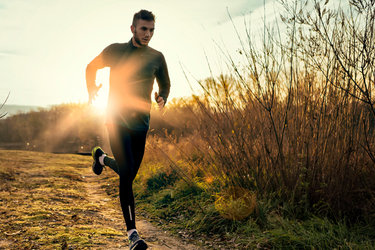

If you have been planning to improve your running, attain more and push to new levels, you will probably be thinking about what to eat before running. In this blog we'll discuss what you should eat before running, whether it's better to eat carbohydrates or protein and what's best to eat if you're going for a run in the morning.
Food for runners
If the run is under an hour, many runners find they don’t need to think too much about what to eat before running, but a snack such as a banana will give you energy for the run and be easy to digest. Other great snacks before running include:
- A small handful of dried fruit and nuts
- A granola bar
- Fruit yoghurt or some nut butter on a cracker.
- Just make sure you are not reaching for sugar-laden sweets and chocolate before running!
For a longer run or when you are upping your training for a specific distance however, your body will be using carbohydrates as its main source of fuel. This means you need to make sure you are regularly topping up your carbs and you have the right foods to fuel your exercise. Because we all tolerate foods differently, there are no hard and fast rules. Are you planning to go for a longer run in the evening, you can eat the following meals:
- Simple carbohydrates like white pasta - a often a go-to-choice for many runners the night before a long run.
- Rice - a great choice and it is easy to add protein in the form of fish or tofu which will aid muscle repair after the run.
- A protein topped baked potato - this is also a good option, but skip very fibre-rich or spiced toppings such as baked beans and chilli.
Carbs or protein before running?
Traditionally the rule of thumb has been carbs before running and protein to help you recover afterwards. However, if you are pushing up to marathon distance or looking to improve your marathon time, you might want to try an approach that some elite runners use.
Reducing your carb intake and ‘training low’ encourages your body to use fat as its main source of fuel, with a reduction in body fat which could help your speed. If you are thinking of exploring this option, start by understanding your current body fat level with a Tanita body composition scale and monitor regularly through your training so that you don’t dip below a healthy level of bodyfat.
How long to wait after eating to run
As a general rule, if you have had a main meal, wait 2-4 hours before going for your run. This allows time for your food to fully digest. If you have eaten a snack, an hour’s wait before running should be fine, but get to know your own body. The downsides of running too quickly after a meal range from feeling full and sluggish to the dreaded runners’ tummy.


What to eat before running in the morning
Some runners prefer to do short runs on a relatively empty stomach and training without breakfast is a key ‘training low’ strategy. However, if you are not planning to specifically burn fat, or if your morning run is going to be a longer one you need to make sure you have well planned breakfast and leave enough time for it to settle, before you run. Three good energy-packed breakfasts to eat before running in the morning, are:
- Porridge with fresh berries or sliced banana and a drizzle of honey or agave syrup
- Peanut butter granola with semi skimmed or plant milk – we love the recipe by Jack Monroe
- A banana and oat muffin
Even if it means an early start you should then aim to leave a couple of hours before running.
Drink plenty of water
Besides good nutrition, it is even more important to drink enough before running. During a run you lose a lot of water through sweating, so it is important to keep your fluid balance at a proper level.
As you push yourself to a new level of fitness, use your tracker or keep a training diary which includes notes about nutrition so you can see if any particular foods have a positive or negative effect for you. Evaluate this information alongside the data from your Tanita body composition scale so that you get every ounce of benefit out of your training.
- BC-718Out of stock




